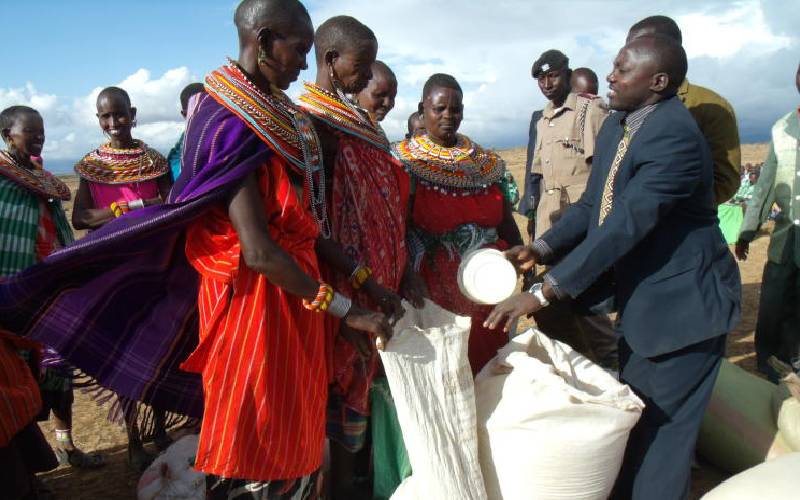×
The Standard e-Paper
Stay Informed, Even Offline

Without food reserves, it is a race against time for the government to stock up in readiness to provide relief to vulnerable groups.
It is a grim reality at a time when pressure is piling on the government, in case of a total lockdown, to feed its most vulnerable people placed at 14 million in official statistics.